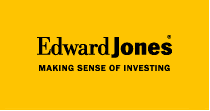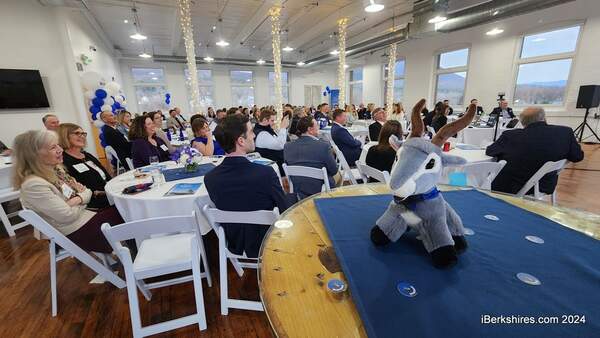Can You Free Yourself of Some Investment-related Taxes?
 |
Tax Freedom Day generally falls around this time each year. This is the day when the nation as a whole has earned enough money to pay off its total tax bill for the year, according to the calculations made by the Tax Foundation. So you may want to use Tax Freedom Day to think about ways you can liberate yourself from some of the investment-related taxes you may incur.
Of course, Tax Freedom Day is something of a fiction, in practical terms, because most people pay their taxes throughout the year via payroll deductions. Also, you may not mind paying your share of taxes, because your tax dollars are used in many ways – law enforcement, food safety, road maintenance, public education, and so on – that benefit society. Still, you may be able to reduce those taxes associated with your investments, leaving you more money available to help you work toward your important goals, such as a comfortable retirement.
Here are some suggestions for making investing less "taxing":
* Contribute regularly to tax-advantaged retirement plans. Contribute as much as you can afford to your IRA and your 401(k) or other employer-sponsored retirement plan. Traditional IRA earnings grow tax deferred, and your contributions may be tax-deductible, depending on your income. (Taxes will be due upon withdrawal, however, and withdrawals made before you turn 59 1/2 may be subject to a 10 percent IRS penalty.) Your 401(k) or similar plan also provides the opportunity for tax-deferred earnings growth. Roth IRA contributions are not deductible, but your earnings are distributed tax-free, provided you don't take withdrawals until you’re 59 1/2 and you've had your account at least five years.
* Follow a "buy-and-hold" strategy. If you sell investments you've owned for less than a year, and their value has increased, you will have to pay capital gains taxes at your personal income tax rate, which, in early 2017, could be as high as 39.6 percent. But if you hold investments for at least a year before selling them, you'd be assessed the long-term capital gains rate, which tops out at 20 percent. Be aware, though, that the Trump administration and Congress seem likely to change the tax rates. Early plans call for a maximum personal income tax rate of 33 percent, with the top rate for capital gains and dividends either staying at 20 percent, or possibly being reduced to 16.5 percent. In any case, you'll still come out ahead, tax-wise, by holding your investments long enough to receive the long-term capital gains rate.
* Consider municipal bonds. If you are in one of the higher income brackets, you might benefit from investing in municipal bonds, which are typically used to finance public projects, such as roads, schools, airports and infrastructure-related repairs. Interest payments from "munis" are typically exempt from federal income taxes and may also be exempt from state and local taxes, depending on the state in which the bond issuer is located. Interest payments from some types of municipal bonds may be subject to the alternative minimum tax (AMT). Again, though, watch for developments from Washington, as both the Trump administration and some congressional leaders favor eliminating the AMT.
When charting your investment strategy, consider your risk tolerance, time horizon, family situation and estate plans. But
This article was written by Edward Jones for use by your local Edward Jones Financial Advisor. Courtesy of Walter Lother, Financial Advisor, in North Adams, at 413-664-9253. Edward Jones, its employees and financial advisors cannot provide tax or legal advice. You should consult your attorney or qualified tax advisor regarding your situation.

.jpg)














